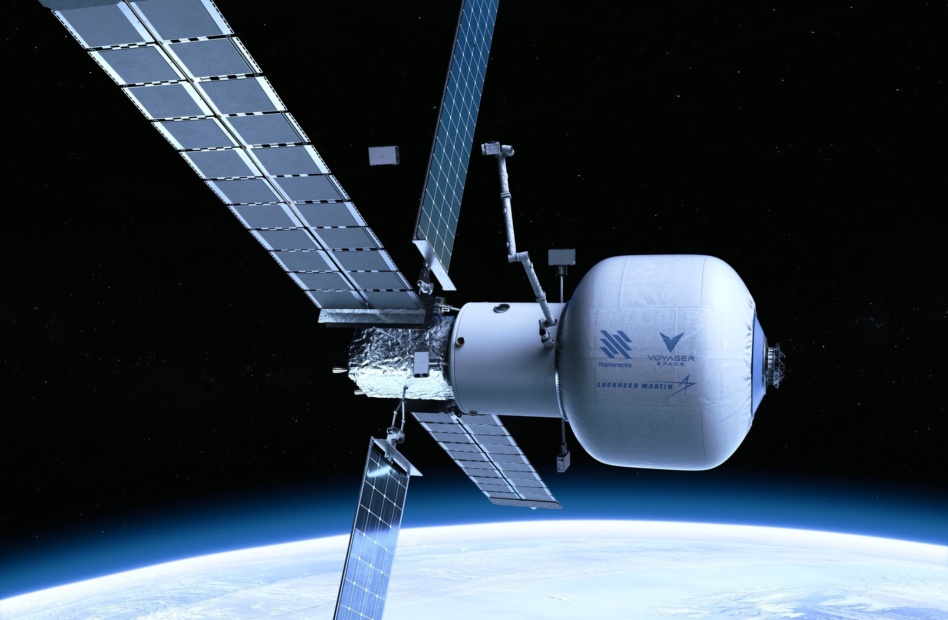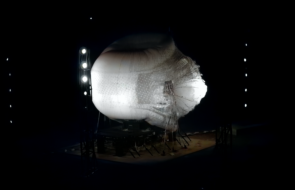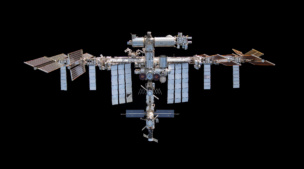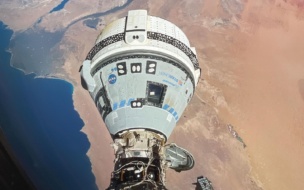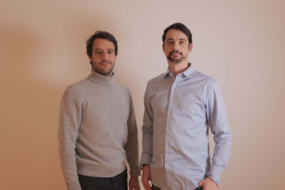ICYMI: Nanoracks and Lockheed Martin have announced a partnership to develop and launch Starlab, a free-flying commercial space station in low-Earth orbit (LEO).
Nanoracks, which is majority owned by Voyager Space Holdings, expects Starlab to “achieve initial operational capability” by 2027. The continuously crewed station will double as a research site and commercial hub. Commercial use cases could manufacturing in microgravity and tourism. Starlab will be able to host up to four astronauts at once.
The long game: Based in Houston, Nanoracks was founded in 2009. “Since the beginning, Nanoracks has sought to own and operate a private space station to fully unlock market demand,” CEO and cofounder Jeffrey Manber said. “Our team has spent the last decade learning the business of space stations, understanding customer needs, charting market growth, and self-investing in private hardware on the ISS.”
- “We have invested significantly in habitat technology which enables us to propose a cost-effective, mission-driven spacecraft design for Starlab,” Lockheed VP Lisa Callahan said.
Worth mentioning here: NASA’s Commercial LEO Destinations (CLD) program, announced in May. CLD will see space station functions outsourced to the private sector. If successful, CLD could also cut costs à la NASA’s Commercial Cargo and Crew programs. CLD-funded infrastructure could also replace the International Space Station (ISS), due to be decommissioned near the end of the decade.
- NASA plans to allocate up to $400M in CLD funding to as many as four separate companies.
- Axiom Space and Sierra are two other companies to watch here, as both also have plans for private space stations.
